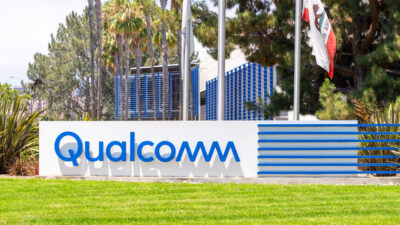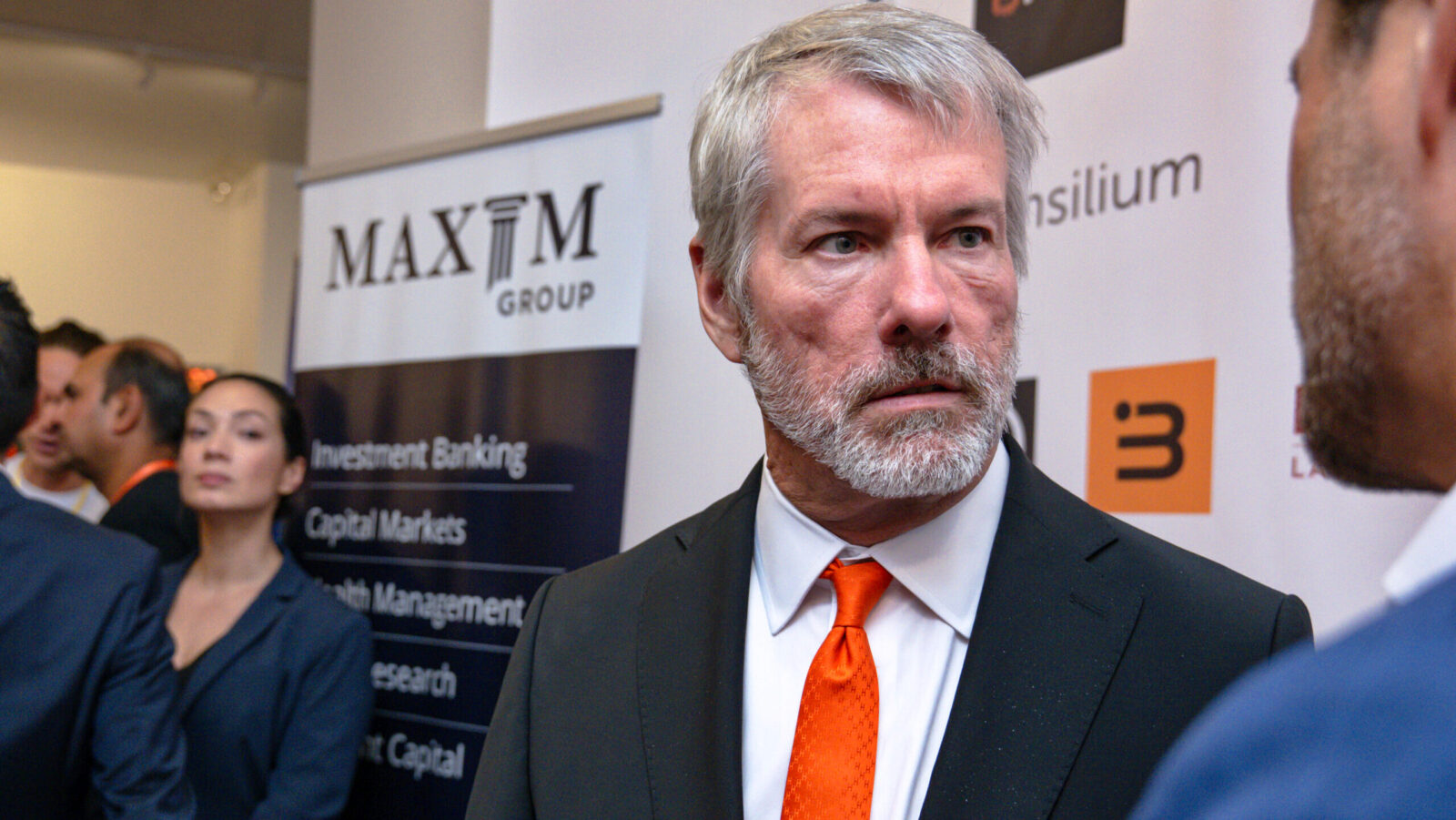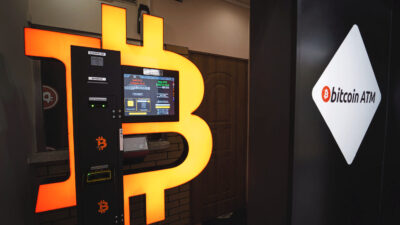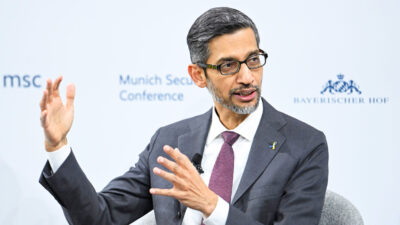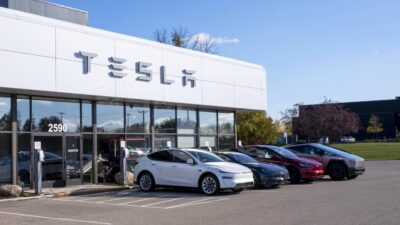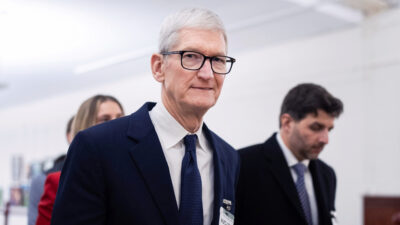HSBC, IBM See Potential for Bond-Trading Bonanza in Quantum Test Results
Ultimately, the quantum computing stack proved 34% better at predicting the likelihood a trade would be filled.
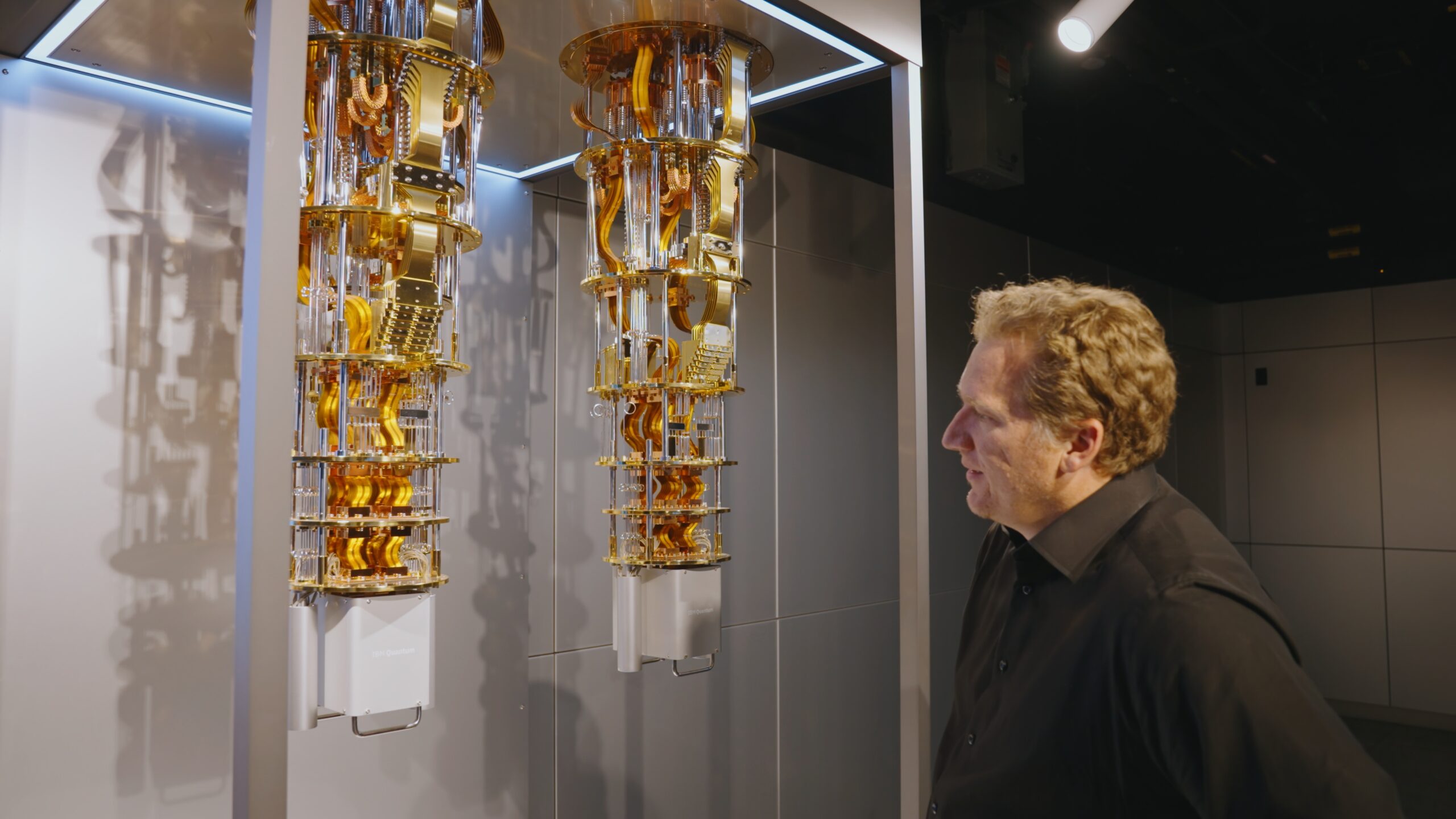
Sign up for smart news, insights, and analysis on the biggest financial stories of the day.
Technology acceleration happens fast: One day, your work phone is a Blackberry. The next day, it’s an iPhone. And the next, there’s a quantum computer — looking like a golden robot jellyfish from the future — seated next to you running the trading desk.
We’re not there yet, but we’re getting closer. British bank HSBC said Thursday that it ran a test with computing giant IBM to see how one of the state-of-the-art computers would perform as a bond trader. The initial result showed a quantum leap in returns.
A Working Theory
HSBC said the study pitted a set of quantum computing tools developed by IBM for algorithmic trading of European corporate bonds against traditional industry methods. Ultimately, the quantum stack, which combines IBM’s Heron quantum processor with conventional computing, proved 34% better at predicting the likelihood of a trade being filled.
HSBC hailed the exercise as a “ground-breaking world-first” in bond trading. “This is something that we do thousands of times a day already, and that’s estimating the likelihood of winning a trade,” said Josh Freeland, HSBC’s global head of algo credit trading. “At one point, there were 16 physicists and AI machine-learning researchers working around the clock trying to achieve the same thing that the quantum computer did.” For the time being, however, the achievement remains a strictly academic one:
- The data used in the test came from over a million quote requests on more than 5,000 bonds traded between September 2023 and October 2024, according to the study. It warns that conclusions lack “generalization guarantees to other market environments or trading datasets,” making them potentially unreliable.
- Nevertheless, as Philip Intallura, HSBC’s group head of quantum technologies, noted, the promise of the test is significant: “It means we now have tangible example of how today’s quantum computers could solve a real-world business problem at scale and offer a competitive edge, which will only continue to grow as quantum computers advance.”
Race to the Starting Line: Intallura emphasized that HSBC is “relentlessly focused” on “near-term” applications for quantum computers, which use units of information called qubits to perform complicated calculations at speeds well beyond the capabilities of traditional computers. IBM, too, will want to see its technology deployed sooner rather than later: It’s racing to beat Google to scale quantum technology, which some experts predict could drive unheard-of scientific and medical breakthroughs in the next few decades.



